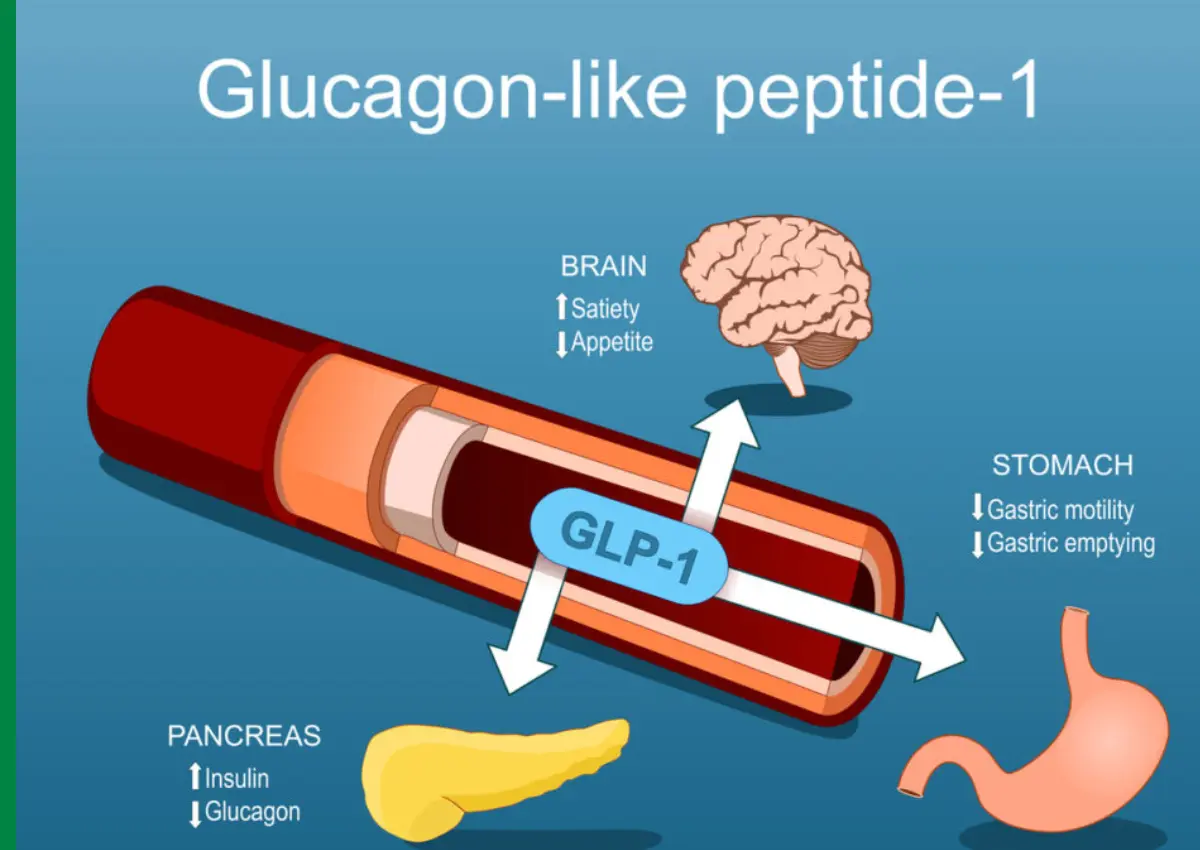In an amazing twist of events that has rocked the food industry globally, Nestlé SA fired Chief Executive Officer Laurent Freixe on September 1, 2025, less than a year after he was appointed to the top job. The Swiss-based food and beverage conglomerate of the same name (which owns products such as KitKat, Nescafé, and Maggi) dismissed Freixe after an internal inquiry to find out that he had an undisclosed romantic affair with a subordinate of his immediate reporting line, which breached the strict code of conduct adopted by the company.
The sacking is the second leadership change in less than two years, casting the executive governance and succession planning at Nestlé in serious doubt.
Her predecessor, Ulf Mark Schneider, resigned in 2024 due to performance reasons, and now the largest food company in the world enters another phase of uncertainty as it manages to cope with declining sales growth and a growing rivalry in the health-related product market.
The Inquiry and the Firing
Nestle Chairman Paul Bulcke and Lead Independent Director Pablo Isla carried out the investigation that resulted in the dismissal of Freixe with the assistance of independent law counsel.
The investigation determined that Freixe had not self-disclosed an affair with a junior, which was a blatant breach of Nestlé workplace ethics aimed at avoiding conflicts of interest and upholding professionalism.
In his official statement, chairman Paul Bulcke stressed the seriousness of the situation, saying, “This was a necessary decision.” Our company has strong values and governance that are based at Nestlé. I would like to thank Laurent, who served Nestlé over the years. The company has also ensured that the identity of the subordinate in question remains a secret on the grounds of privacy and legal matters.
The swift action taken by Nestlé’s board demonstrates the company’s commitment to maintaining rigorous corporate governance standards, even when it means parting ways with a seasoned executive who had devoted nearly four decades to the organization.
This decision aligns with broader industry trends toward stricter enforcement of workplace conduct policies, particularly in the wake of increased scrutiny on corporate culture and executive accountability.
Laurent Freixe’s Extensive Career at Nestlé
Laurent Freixe retirement is the culmination of an incredible 39-year work history with Nestle that has seen him serving Nestle France since 1986 as a sales and marketing professional. Freixe, born on April 21, 1962, in Paris, of parents who were electrical engineers, showed early signs of leadership abilities and competitiveness; an example being his success as a French handball champion when he was sixteen years old.
Freixe took a career path after graduating in MBA with focus on marketing at EDHEC Business School at Lille in 1985 that would lead him across continents and through practically all major divisions of the giant food company in the world. His childhood was full of negotiating contracts with the grocery stores and market research, which would come to guide his business development strategy in the future.
The competitive fish sticks market was the first major success by Freixe as he introduced a brand named Croustibat, which has successfully competed with an already established competitor, Captain Iglo. This success demonstrated his skills in finding opportunities in the market and implementing working brand strategies, which would become priceless in his career. He proved his operational prowess too when he reorganized the ailing French snacks unit of Nestle through a series of massive layoffs that made the unit profitable once again.
At the age of 37 Freixe was promoted to Head of the Dairy and Nutrition Division of Nestlé France, a position he served for a three-year term before taking an international posting to Hungary, where he managed the Spanish and Portuguese markets. This was the experience that made him ready to take his new role as head of Nestlé Europe in 2008, a job that would shape his personal management philosophy and introduce him as a growth-oriented manager.
The European Success Story
However, perhaps one of his greatest achievements during his time as the head of Nestlé Europe was his ability to turn Nescafé Dolce Gusto, which was an emerging coffee house brand, into a billion-dollar-earning product. This success was an example of his management philosophy known as the virtuous circle approach, which concentrated on strategic cost-cutting not to create high short-term profit margins but to invest in innovation and new product development to generate sustainable revenue growth.
The philosophy made Freixe stand out among many other contemporary executives who focused on saving costs in the short term rather than long-term investment. His strategy was especially successful in the European market, where competition was intense, and consumers were quickly shifting to high-quality and convenient coffee options. The Dolce & Gabbana success case was used as an example of how Nestlé might leverage its international size while at the same time adjusting to local tastes in the market.
In 2014, the board of Nestlé placed their trust in his track record and strategic prowess by appointing Freixe to lead the Americas business, one of the largest and most strategic regions of the company. This position demanded that he negotiate through a complicated regulatory landscape, a wide range of consumer tastes, and stiff competition by multinational and domestic actors.
The Path to CEO
Freixe was appointed CEO on September 1, 2024, at a time when the board of Nestlé had lost trust in the leadership of Mark Schneider due to falling performance indicators and poor strategic choices. The change was a reversion to an inside promotion following the experiment with hiring external leadership, with Schneider indicating that the board preferred executives with extensive institutional knowledge and prior track records inside the organization.
Upon assuming the CEO role, Freixe immediately set about reversing several of his predecessor’s initiatives, demonstrating his willingness to chart a different course for the company. He reversed restructuring efforts that had been implemented under Schneider, increased advertising spending to strengthen brand visibility, and implemented cost reduction measures targeting several hundred million euros annually while maintaining investment in core growth areas.
One of Freixe’s most significant policy reversals was the reinstatement of Nestlé’s legendary 60/40 rule, a quality standard that requires blind taste-testing experiments to demonstrate that at least 60 percent of consumers prefer new Nestlé products over competing alternatives before market launch. This rule, which had been a cornerstone of Nestlé’s product development philosophy for decades, represented Freixe’s commitment to quality over speed-to-market considerations.
Freixe also signaled a more conservative approach to mergers and acquisitions, stating his intention to reduce the company’s pace of acquisitions in favor of organic growth and improved operational efficiency. This strategic shift reflected his belief that Nestlé could achieve better returns by optimizing existing operations rather than pursuing aggressive expansion through external acquisitions.
Leadership Philosophy and Financial Impact
Freixe had a unique philosophy of leadership that gave him a balance between operational efficiency and strategic investment throughout his career. His virtuous circle theory underlined the relationship between cost control and growth investment and suggested that cost reduction should be sustainable (to finance innovation) rather than increase short-term profitability.
According to the market data, Freixe earned an estimated net worth of $4 million on July 31, 2025, due to his remuneration as a top executive of one of the largest consumer goods corporations in the world. Although this is a modest amount relative to the compensation packages of some CEOs in other industries, it occurs because Nestlé has historically been conservative in its practices with regard to executive compensation and long-term performance pay.
He has academic qualifications. Not only does he have his MBA, but he also finished the Programme for Executive Development at IMD Switzerland, one of the best executive education schools in Europe. This, together with his vast experience in operations, made him the perfect candidate to be in the top job at Nestlé.
The New Leadership Challenge
Philipp Navratil, Freixe’s replacement, brings over 20 years of Nestlé experience to the CEO role, having most recently served as head of Nestlé Nespresso. Before his Nespresso appointment, Navratil held the position of senior vice president and head of the Coffee Strategic Business Unit, where he managed global strategy for the Nescafé brand and oversaw the licensing partnership with Starbucks.
At under 50 years of age, Navratil potentially faces the prospect of a decade-plus tenure as CEO, providing Nestlé with the leadership stability it desperately needs after two consecutive years of executive turnover. Industry analysts suggest that Navratil’s coffee expertise positions him well to accelerate growth in one of Nestlé’s most profitable categories while potentially pursuing portfolio restructuring initiatives.
Bloomberg Intelligence analyst Duncan Fox noted that Navratil’s appointment could signal potential exits from lower-growth segments such as cereals and bottled water, allowing Nestlé to focus resources on higher-margin, faster-growing categories. This strategic repositioning could prove crucial as the company faces increasing pressure from health-conscious consumers and regulatory changes affecting traditional food and beverage categories.
Industry Implications and Corporate Governance Trends
Freixe’s dismissal reflects broader industry trends toward stricter enforcement of corporate governance standards and workplace conduct policies. In an era of increased transparency and accountability, companies across all sectors are implementing more rigorous oversight mechanisms and zero-tolerance policies for conduct violations, regardless of an executive’s performance or tenure.
The food and beverage industry, in particular, has faced mounting pressure to demonstrate leadership integrity as consumer trust becomes increasingly important for brand loyalty and market positioning. Nestlé’s decisive action in dismissing Freixe, despite his extensive experience and institutional knowledge, sends a clear message about the company’s commitment to its stated values and governance principles.
This leadership crisis comes at a bad time for Nestlé, still struggling with a complicated international landscape that includes disruption of supply chains, inflation, and consumer trends towards healthier and more sustainable products. Investors, analysts and industry observers will closely monitor the way the firm maintains the strategic momentum in the process of installing new leadership.
Outlook and Strategy
The tactical issue facing Navratil is to ensure continuity of the strategy of Nestle and possibly introduce requisite modifications to cope with the performance issues that persist at Nestle. His experience in the coffee business, which is one of the most successful and profitable divisions of Nestlé, indicates that he might focus more on reinforcing the firm in the high-quality beverage segments, as well as consider divesting non-performing assets.
Nestle has experienced several changes in leadership, which also underscores the current struggles of traditional food companies to cope with the fast-changing consumer tastes and competitive environment. The emergence of smaller, more nimble health- and sustainability-oriented companies have put pressure on incumbents such as Nestlé to become faster in innovations and stay operationally efficient.
One of the questions that will be of interest to industry observers is whether Navratil will follow the same strategy employed by Freixe of returning to traditional Nestlé procedures, such as the 60/40 rule, or take a different stance. The acquisition strategy choices, advertising investment decisions and portfolio optimization choices of the new CEO will give valuable clues on the long-run competitive positioning of Nestlé.
The Laurent Freixe dismissal is a good reminder that even the most successful and long-term experienced executives cannot avoid the implications of governance failures. To Nestlé, this episode is a crisis and an opportunity to prove that the company adheres to corporate values and is also set up to grow sustainably with new leadership.
The next few months will show whether such a leadership change can trigger a new performance or will continue to destabilize the strategic momentum that the company was previously enjoying in a more competitive global market.



